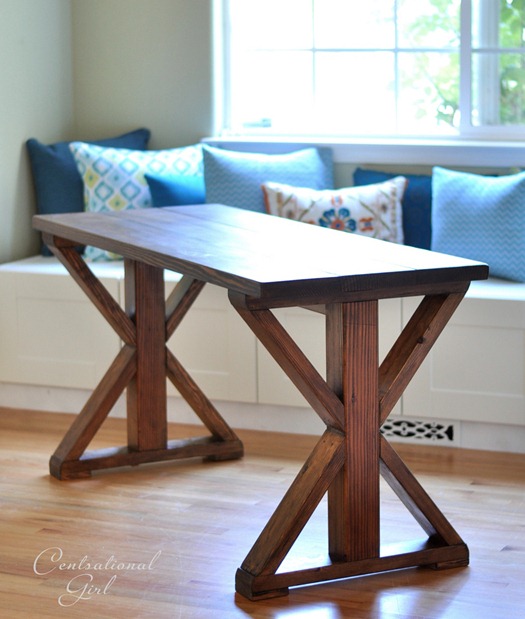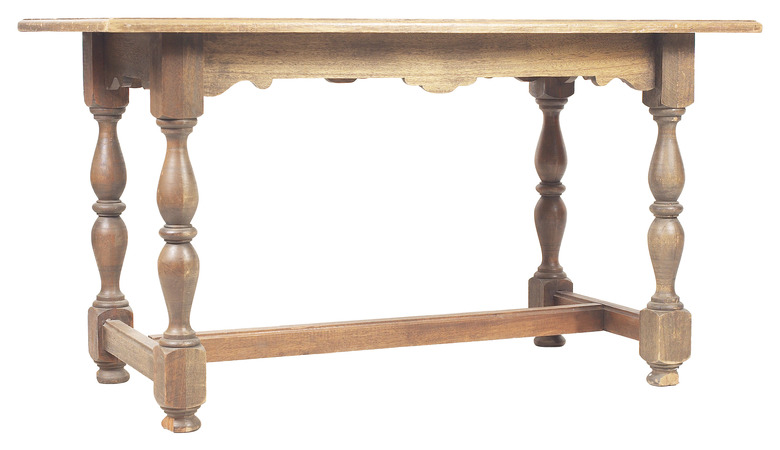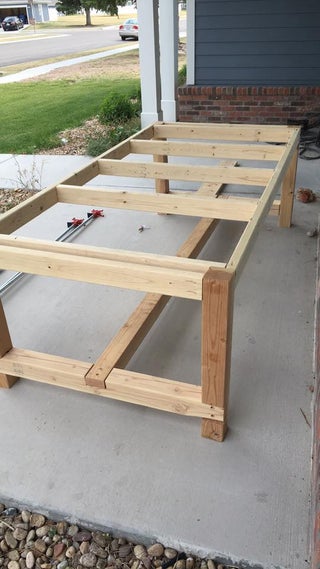An Unbiased View of Highland Manor Wood Products, Llc
An Unbiased View of Highland Manor Wood Products, Llc
Blog Article
About Highland Manor Wood Products, Llc
Table of ContentsFacts About Highland Manor Wood Products, Llc UncoveredThe Buzz on Highland Manor Wood Products, LlcThe Main Principles Of Highland Manor Wood Products, Llc The Highland Manor Wood Products, Llc PDFsThe 2-Minute Rule for Highland Manor Wood Products, Llc
Clean the busted sides of the table leg to make sure a smooth, strong bond. Set up your office in a well-lit, clean area to prevent any additional damages. Meticulously align the damaged items. Accuracy is your friend right here. Use clamps to hold the pieces with each other momentarily. Once the glue is completely dry, sand the location for a smooth finish.Furthermore, removing the legs alleviates the stress they may sustain if the table is carried or filled improperly, avoiding them from birthing extreme weight or experiencing excessive pressure. Ensure that the table, particularly its legs, is safely placed in the moving lorry. The table should not totter or have the potential to drop over.

Highland Manor Wood Products, Llc Can Be Fun For Everyone
Take the concealing tape and cover your drill bit concerning inches of the means down the bit. This is to aid make certain you do not pierce with the table top while ensuring the depth you need for the screws. Thoroughly drill each of the screw holes to the appropriate depth, utilizing the marks you made.
Make use of the influence chauffeur to screw each leg securely into place. It's finest to go one leg each time to make sure the placement is best and each leg is secure before relocating on to the next. Flip your new table back over and enjoy it in your home! We understand you'll enjoy your brand-new barrette table in your space.
(https://sandbox.zenodo.org/records/166086)
Repeat these steps to take care of any type of other busted legs on the table.
Utilize a jig attended cut them diagonally from corner to catch to create four corner blocks. Cut a notch out of the rear of the corner block reverse from the diagonal cut to ensure that the notch fits over the top of the leg and gives additional toughness in the corner.
Fascination About Highland Manor Wood Products, Llc
Drive another screw, focused through the block, into the edge of the table leg. Increase your lightweight table by including some ballast. This serves to squash errant, slim tabletops, in addition to include some weight to keep them where they belong. Step the size and size under the table between the legs.

Great deals of tables have integrated cots to add stability. Two cots run between the sides of the legs on the table's brief ends, with one long stretcher attaching the two short cots in the.

Highland Manor Wood Products, Llc Fundamentals Explained
Each piece has its very own tale to tell, and antique table legs play a critical duty in the total aesthetic appeals and stability of these prizes. Restoring them not only revives their beauty however additionally assists protect their historic value. Understanding antique table legs starts with recognizing the various types of antique tables and their historic contexts.
Allow's look into these action in information. Antique tables can be found in various designs, such as Queen Anne, Chippendale, or Victorian, each with its unique design and functions. Comprehending the kind of table you have will assist your remediation initiatives. Looking into the historic background of your table can supply useful understandings into its age, origin, and prospective value.
As an example, French bnisterie furniture, with its intricate workmanship, would likely be most worth bring back and might necessitate specialist solutions, whereas a table discovered at a garage sale may not warrant the restoration price. As you start the trip of recovering antique table legs, one of the preliminary and crucial actions is to closely examine these integral parts of your cherished item.
Our Highland Manor Wood Products, Llc Statements
Begin by scrutinizing the surface of the table legs diligently. Try to find any kind of visible fractures that might have created over time. Cracks can vary in size and extent, from minor surface area imperfections to deep architectural cracks. Each split narrates of the table's history, and addressing them is crucial for both looks and architectural stability (coffee table legs).
These divides can jeopardize the overall stamina and appearance of the legs. Recognizing their existence and degree is crucial prior to waging repair. Butt joints are a lot more vulnerable to splitting since they give a limited surface location for glue bonding, making them vulnerable to separation under stress and anxiety or pressure. Pay very close attention to the joints where the table legs meet the table's structure or apron.
Examine the general architectural integrity of the legs. Examine for any kind of warping or twisting that may impact their security. Analyze the joints closely to evaluate the level of looseness. Some joints may only require adhesive and clamping, while others might require added reinforcement. By carefully evaluating the wear and damages, you can create an extensive remediation strategy tailored to the specific needs of your antique table legs.
Report this page